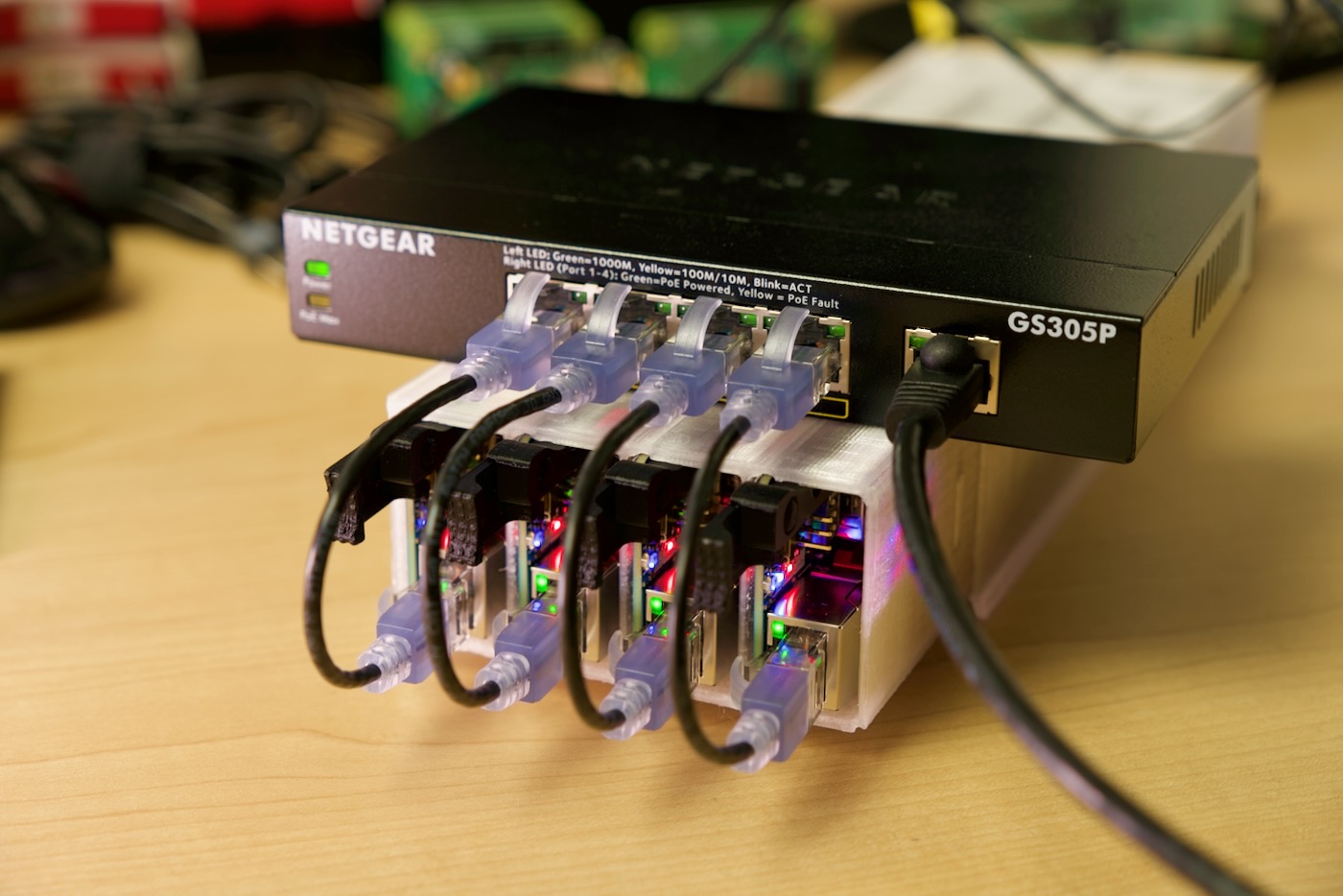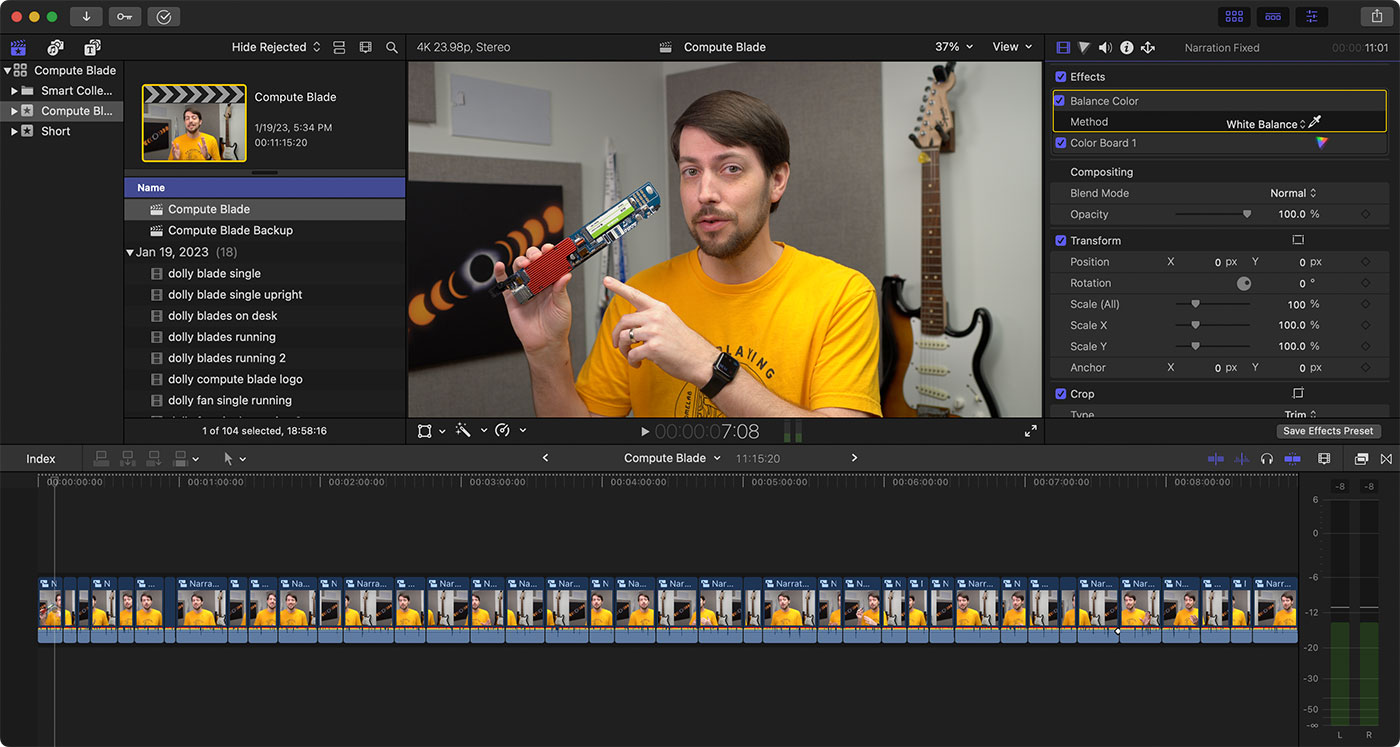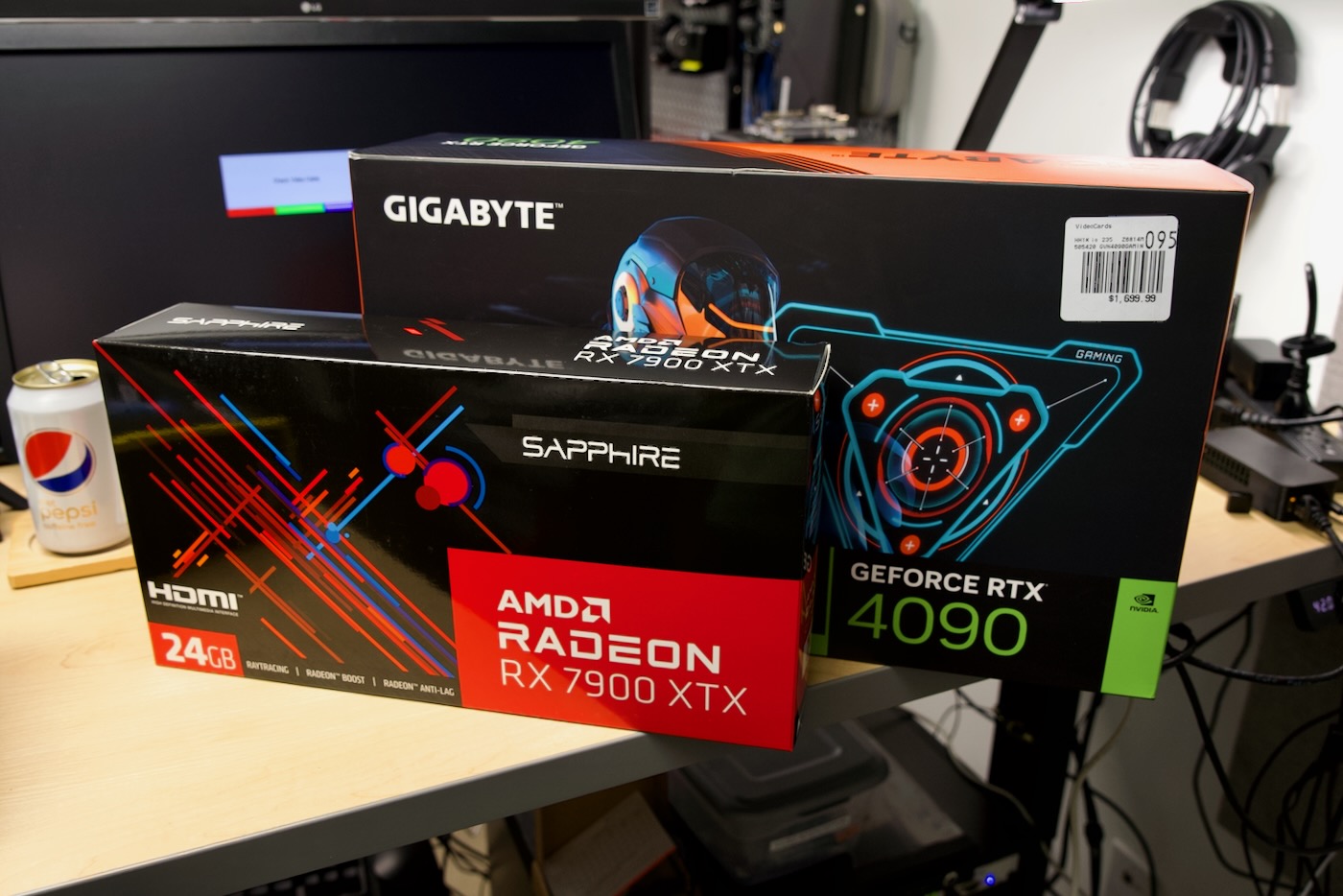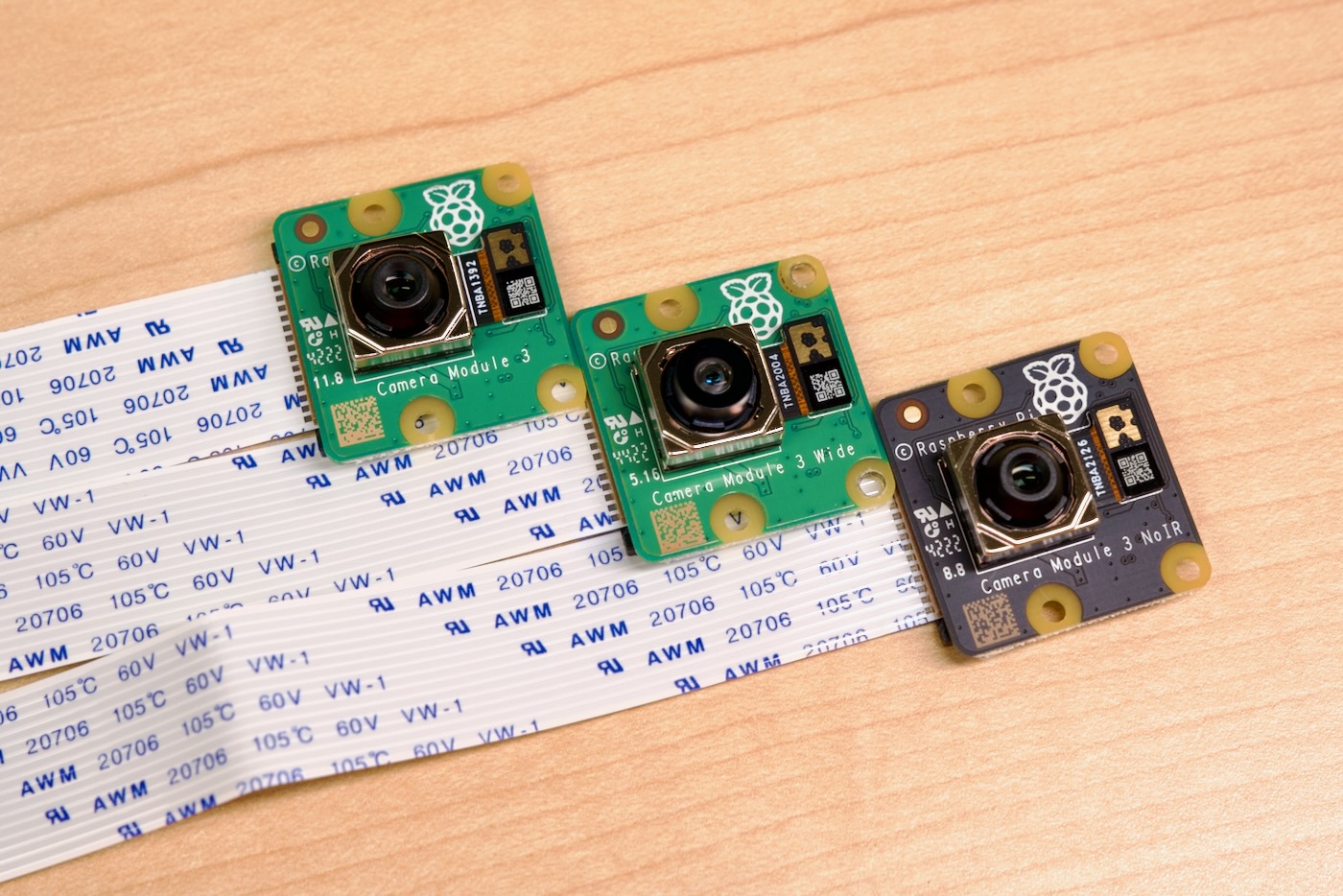Using PiBenchmarks.com for SBC disk performance testing
For many years, I've maintained some scripts to do basic disk benchmarking for SBCs, to test 1M and 4K sequential and random access speeds, since those are the two most relevant tests for the Linux workloads I run on my Pis.
I've been using this script for years, and it uses fio and iozone to get the metrics I need.
And from time to time, I would test a number of microSD cards on the Pi, or run tests on NVMe SSDs on the Pi, Rock 5 model B, or other SBCs. But my results were usually geared towards a single blog post or a video project.
In 2021 James Chambers set up PiBenchmarks to move to a more community-driven testing dataset.
You can run the following command on your SBC to test the boot storage and upload results directly to PiBenchmarks.com:





